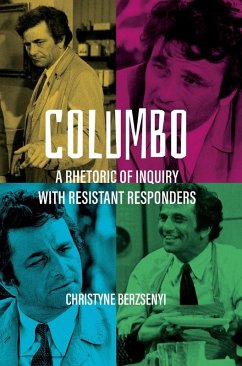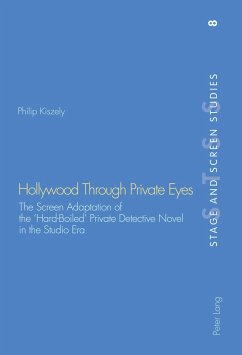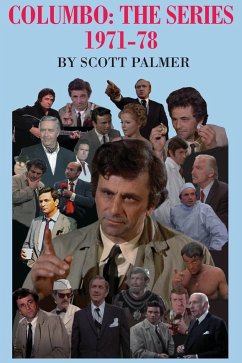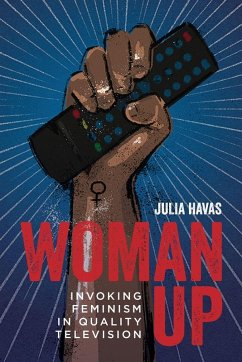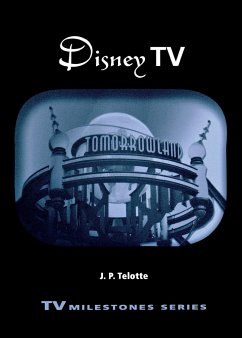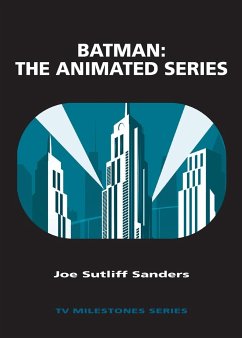
Kolchak
The Night Stalker
Versandkostenfrei!
Versandfertig in 1-2 Wochen
19,99 €
inkl. MwSt.

PAYBACK Punkte
10 °P sammeln!
Before Buffy the Vampire Slayer or The X-Files, there was Carl Kolchak, a world-weary Chicago newspaper reporter with a cheap, seersucker suit and a penchant for uncovering monsters lurking in every corner. Kolchak first appeared on American screens in the 1972 ABC television movie The Night Stalker, which was then the most-watched television movie in history. The success of this initial offering led to a sequel, The Night Strangler, and a television series, Kolchak: The Night Stalker, that ran from 1974 until 1975. By carefully focusing on the historical and artistic contexts in which it emer...
Before Buffy the Vampire Slayer or The X-Files, there was Carl Kolchak, a world-weary Chicago newspaper reporter with a cheap, seersucker suit and a penchant for uncovering monsters lurking in every corner. Kolchak first appeared on American screens in the 1972 ABC television movie The Night Stalker, which was then the most-watched television movie in history. The success of this initial offering led to a sequel, The Night Strangler, and a television series, Kolchak: The Night Stalker, that ran from 1974 until 1975. By carefully focusing on the historical and artistic contexts in which it emerged, Kendall R. Phillips offers insights into the way the series both reflected contemporary horror narratives and changed them. Ultimately, the series proved influential for later television horror shows based not only on what it did right but on the mistakes future creators would learn to avoid. The enduring impact of the series on current television horror continues to draw more and more individuals into its robust fanbase, and these fans continue to consume and create new narratives of their favorite monster-hunting reporter even fifty years after he first appeared.






